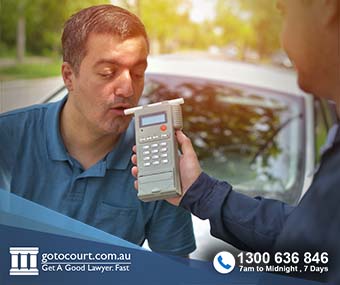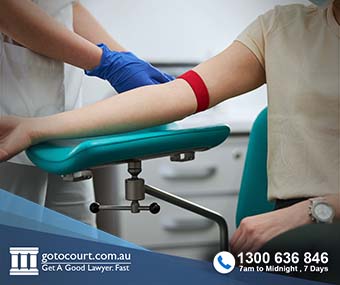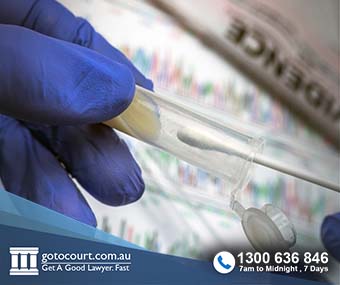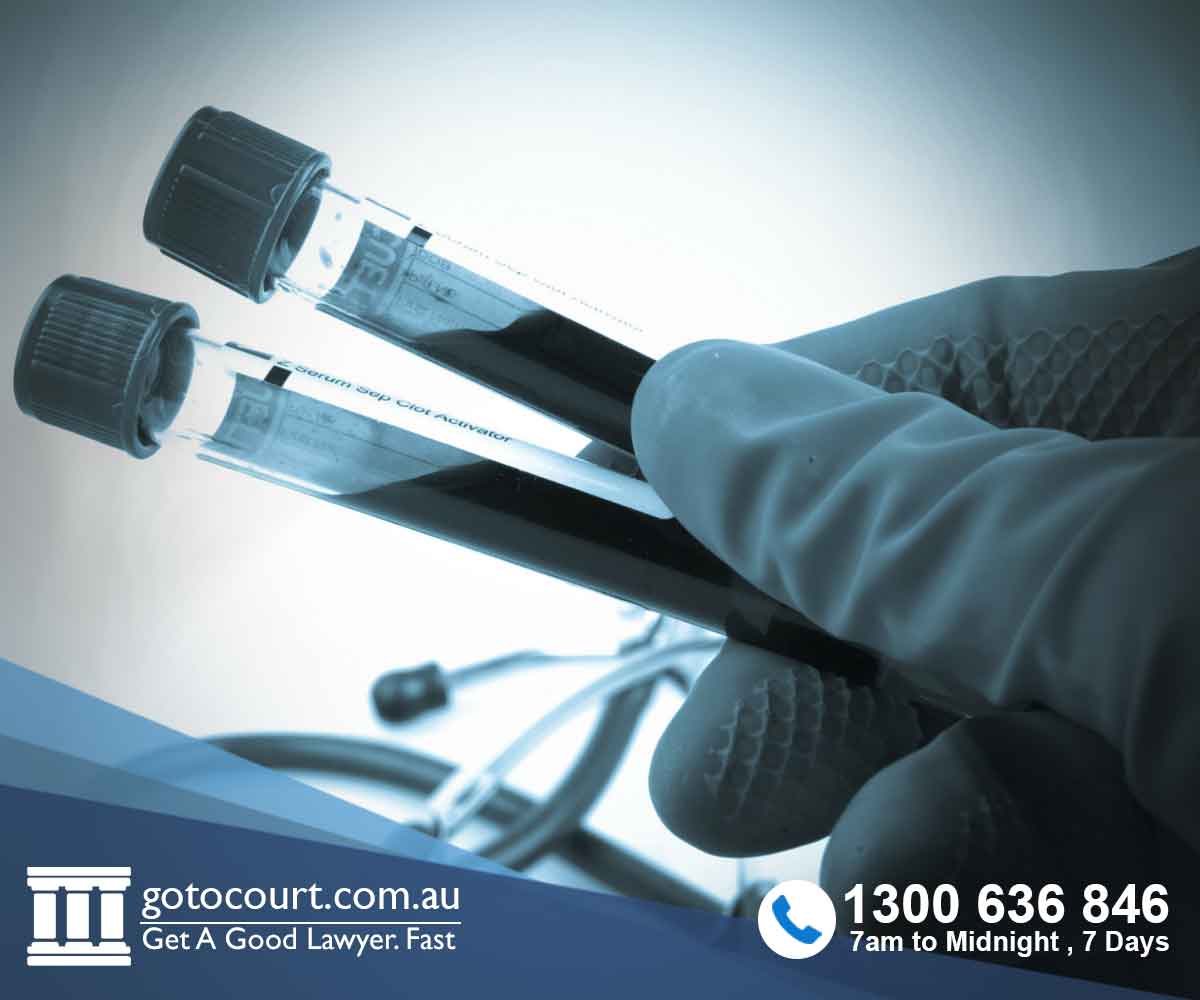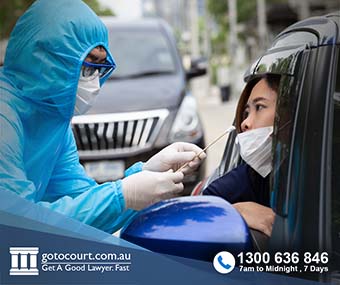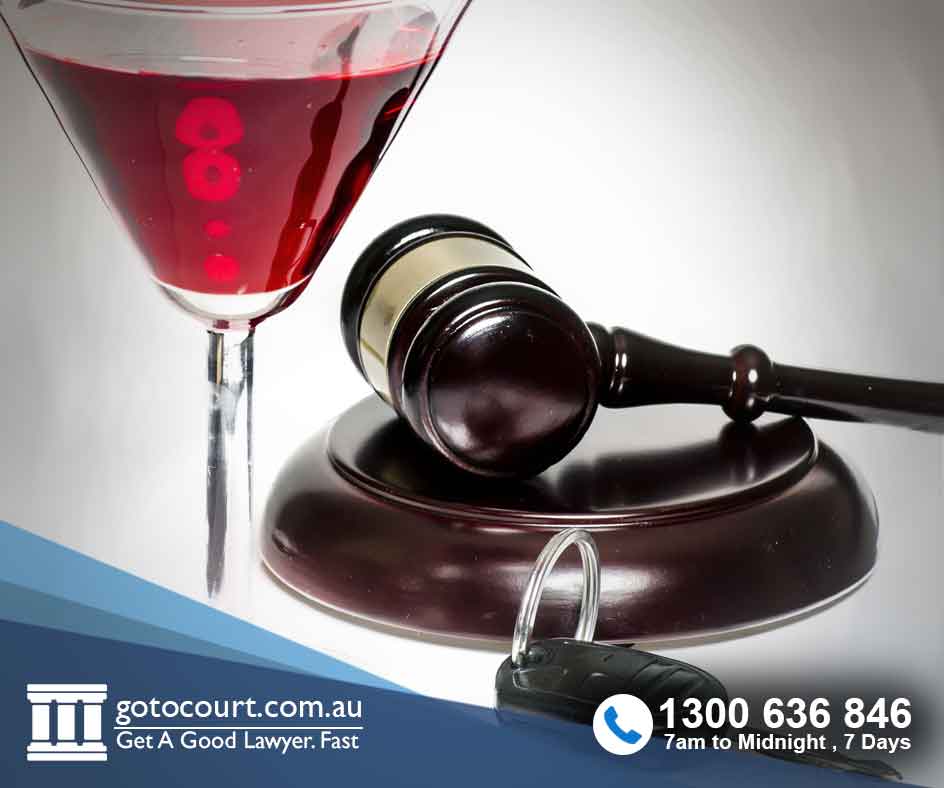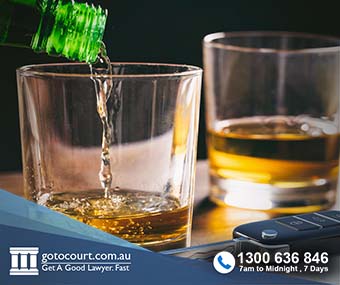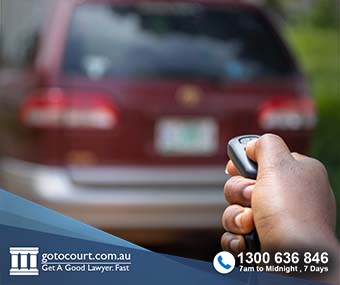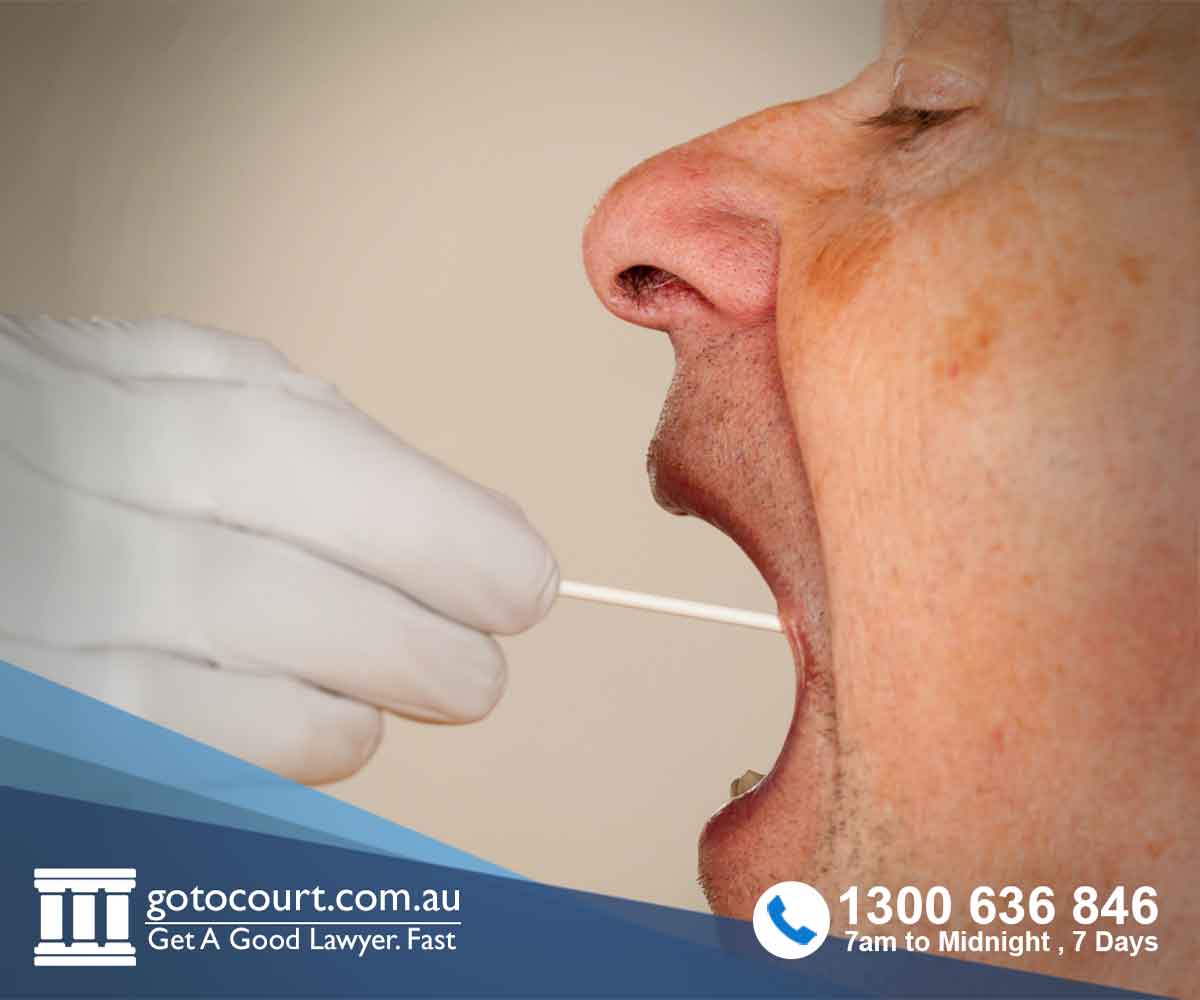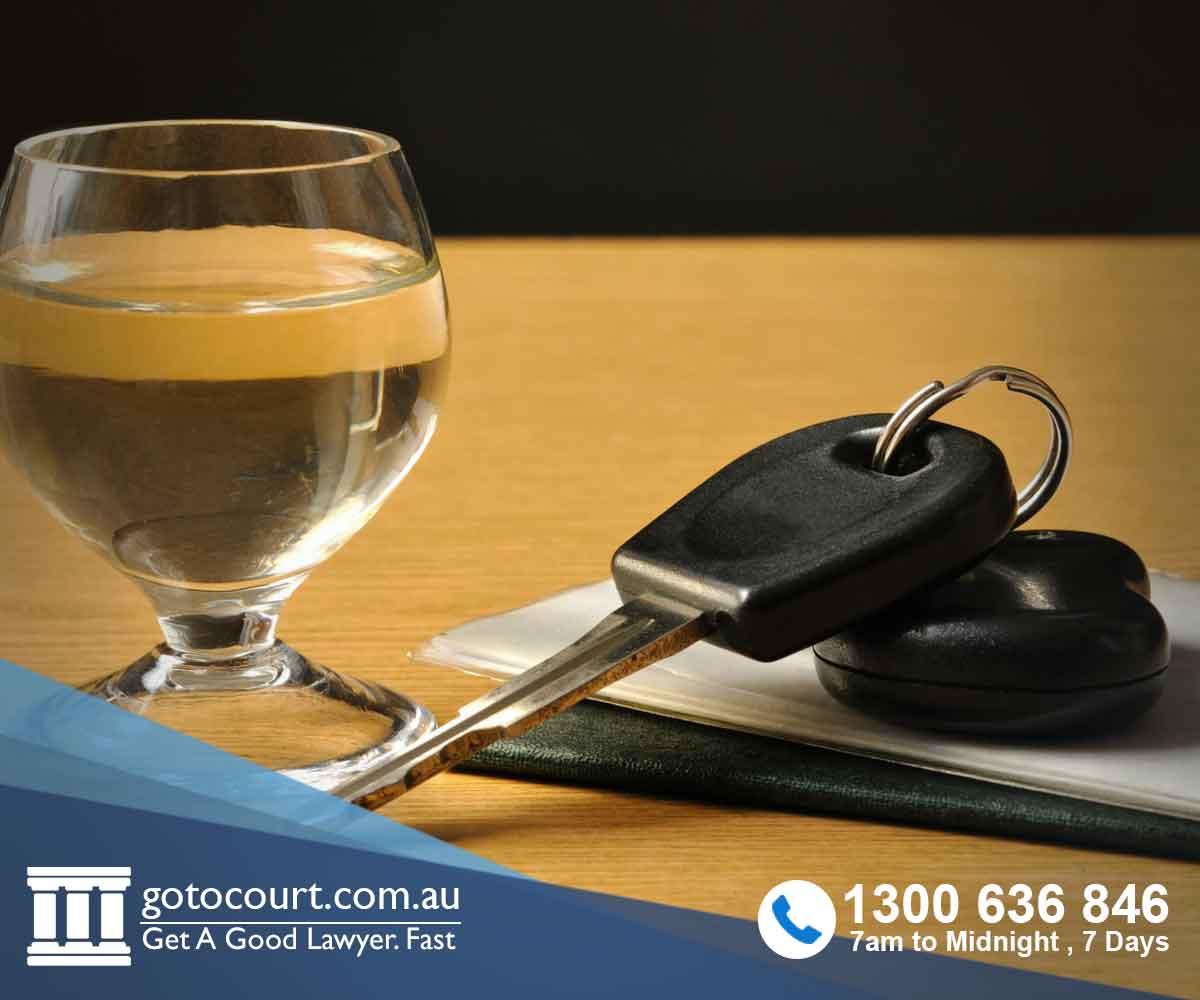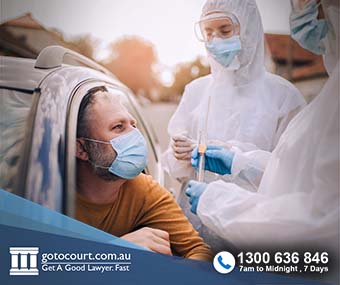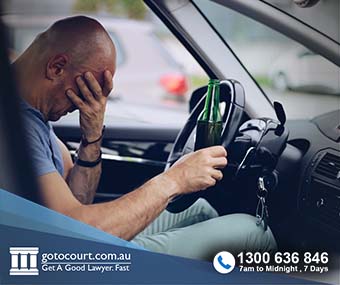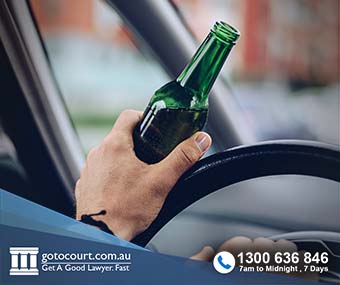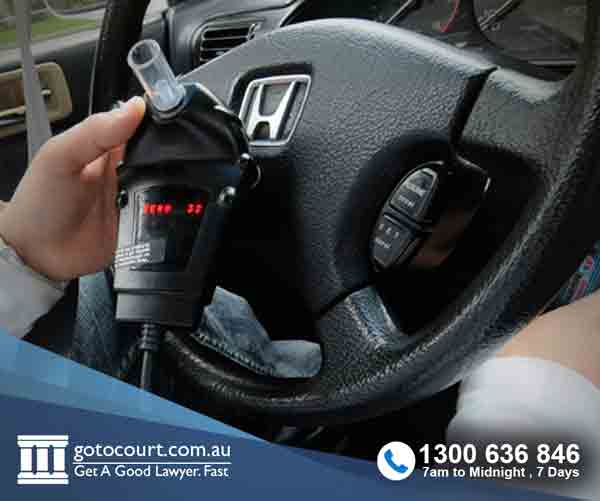Call our lawyers
now
or,
have our lawyers
call you
Drug Testing In New South Wales
Updated on Apr 13, 2023 • 5 min read • 821 views • Copy Link
Drug Testing In New South Wales
In New South Wales, it is illegal to drive with illicit drugs present in your system. Any driver, rider or supervising licence holder can be directed to take an oral fluid test when travelling on a road or road related area in New South Wales. The law relating to drug driving is set out in the Road Transport Act 2013. This page deals with drug testing in New South Wales.
What do drug tests detect?
Oral fluid tests detect the presence of three illegal drugs: Delta-9-tetrahydrocannabinol (THC), which is the active component of cannabis, methyl amphetamine (ice, speed, crystal meth) and methylenedioxy-methamphetamine (MDMA or ecstasy).
The test will detect cannabis for 12 – 30 hours after use. There is no evidence to suggest that being in the presence of someone smoking cannabis (passive smoking) will be detected by the oral fluid test.
The test will detect methylamphetamine and methylenedioxy-methamphetamine for around two days after use.
What do drug tests not detect?
Oral fluid test do not detect the presence of prescription drugs such as cold and flu tablets. They do not detect other illicit drugs such as cocaine or heroin.
Although it is an offence of drive in New South Wales with cocaine or heroin present in the system, drivers are not randomly tested for these drugs using the roadside drug tests described above. Testing for these drugs must take place at a police station or hospital within two hours of the person driving; otherwise, the result is not valid and cannot be used as evidence.
Testing procedure
A preliminary oral fluid test will usually be conducted through the window of your vehicle. You will be asked to lick the test pad of the device and the result will be known in about five minutes.
If the test is positive, you will be required to go to the police support vehicle or the police station where you will provide a further sample of your oral fluid (saliva), which will be tested using a different oral fluid screening device. This test takes about 20 minutes. If the result is positive, you will be unable to drive for 24 hours.
The remaining portion of your saliva sample will be sent to the Division of Analytical Laboratories for testing. If they find one or more illegal drugs in the saliva sample, you will receive a Court Attendance Notice for the charge of driving with the presence of an illicit drug. The Court Attendance Notice will include the details of the charges as well as the time, date and location for your court attendance.
The remaining proportion of the saliva sample will be stored at the laboratory for six months. If you dispute the test result, you can apply for a portion of your sample to be independently analysed by another laboratory at your expense.
Offences and penalties
A person may be charged with drink driving as well as drug driving in relation to the same incident.
The penalty in New South Wales for a first drug driving offence is a maximum $1,100 fine and disqualification from driving for between three and six months.
The penalty for a second or subsequent offence is a maximum $2,200 and a disqualification from driving for a minimum of six months with the maximum disqualification unlimited.
If a person refuses a preliminary drug test, they can be fined $1,100 and be directed to provide a sample of their oral fluid.
If a person refuses to provide an oral fluid sample the penalty is a maximum fine of $3,300 together with a licence disqualification for a minimum of six months with the maximum disqualification unlimited.
Blood tests
If a person is unable to provide a sample of their oral fluid, they will be ordered to provide a blood sample. The blood sample must be taken within four hours of the person driving, or the police cannot rely on it in court.
The police will take the person to a hospital to have the sample taken. The analytical laboratory will analyse the sample to check for the presence of any drug. Refusing to provide a blood sample is an offence that carries a maximum fine of $3,300 and disqualification from driving for a minimum of six months with the maximum unlimited.
Defences
A person who is charged with a drug driving offence has a defence if the drug was prescribed by a medical practitioner and was taken in accordance with a prescription, or for a codeine-based medicinal drug, if it was purchased from a pharmacy and taken in accordance with the manufacturer’s instructions.
If you have been charged with a drug driving offence it is a good idea to seek legal advice about the nature of the charges, the likely penalties and whether any defence is available to you.
If you require legal advice or representation in any legal matter, please contact Go To Court Lawyers.

Affordable Lawyers
Our Go To Court Lawyers will assist you in all areas of law. We specialise in providing legal advice urgently – at the time when you need it most. If you need a lawyer right now, today, we can help you – no matter where you are in Australia.How It Works







1. You speak directly to a lawyer
When you call the Go To Court Legal Hotline, you will be connected directly to a lawyer, every time.


2. Get your legal situation assessed
We determine the best way forward in your legal matter, free of charge. If you want to go ahead and book a face-to-face appointment, we will connect you with a specialist in your local area.


3. We arrange everything as needed
If you want to go ahead and book a fact-to-face appointment, we will connect you with a specialist in your local area no matter where you are and even at very short notice.

